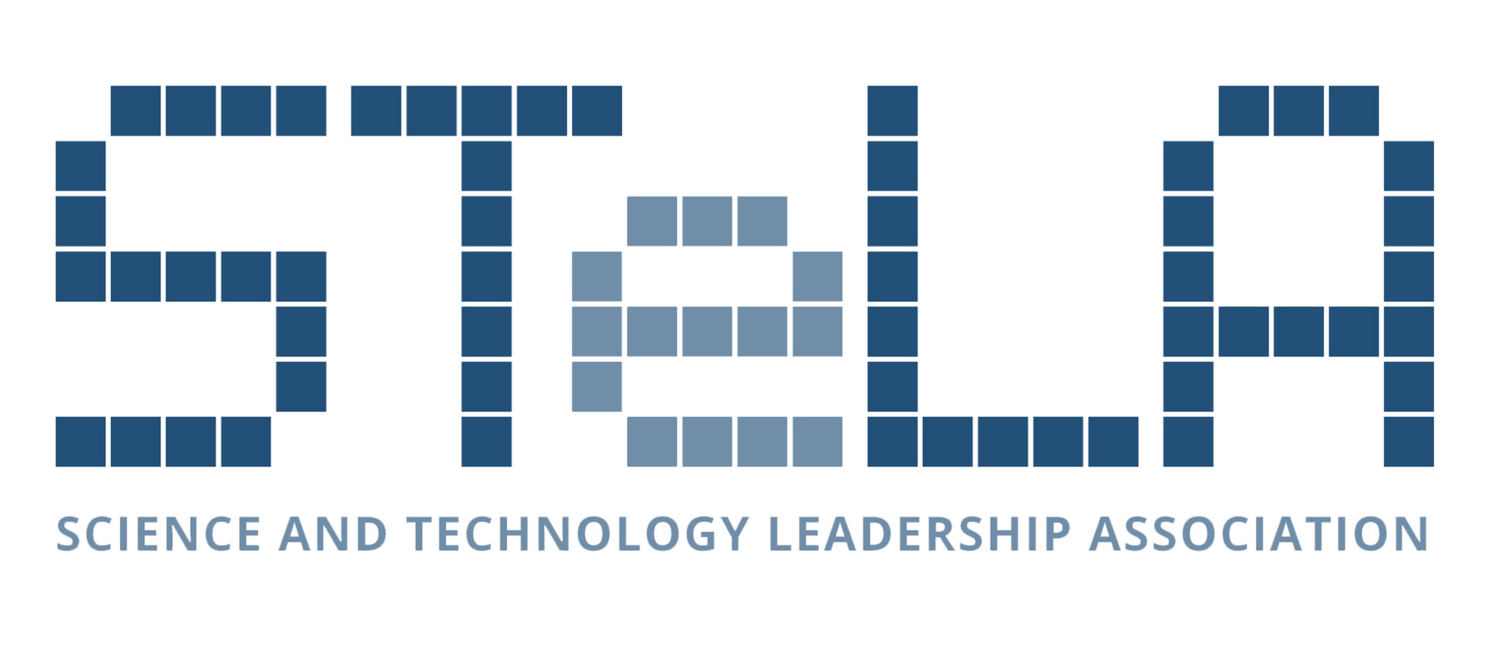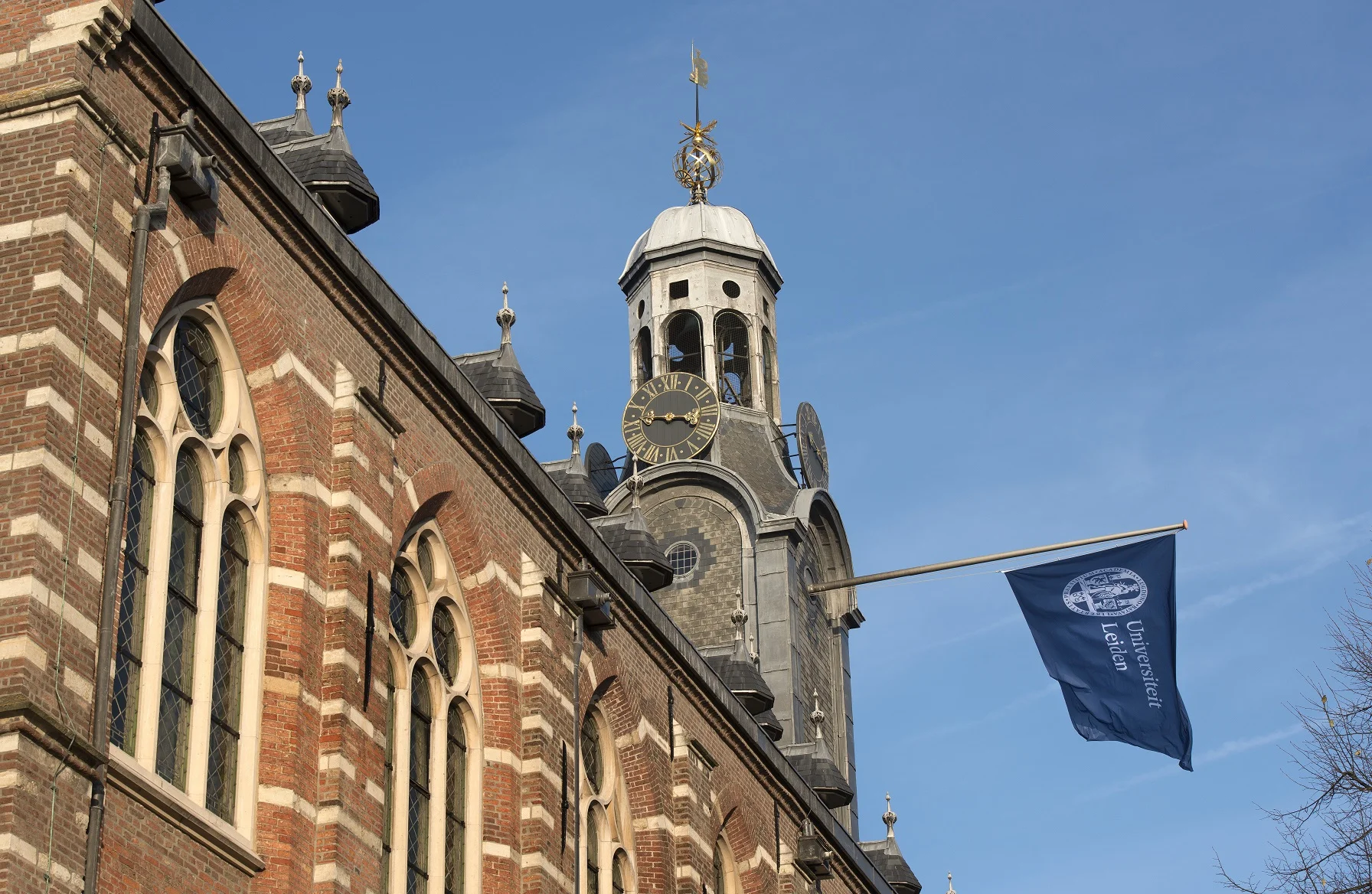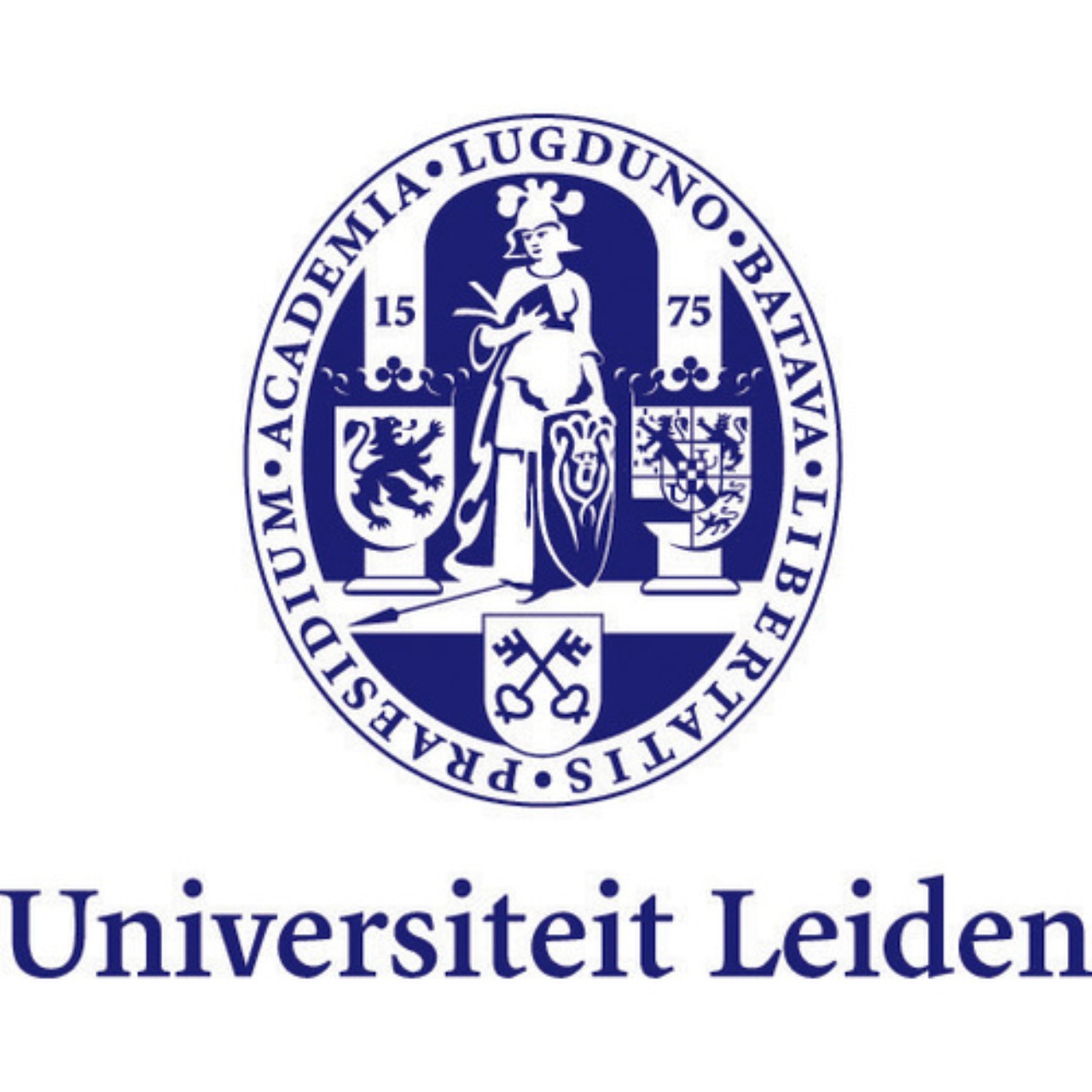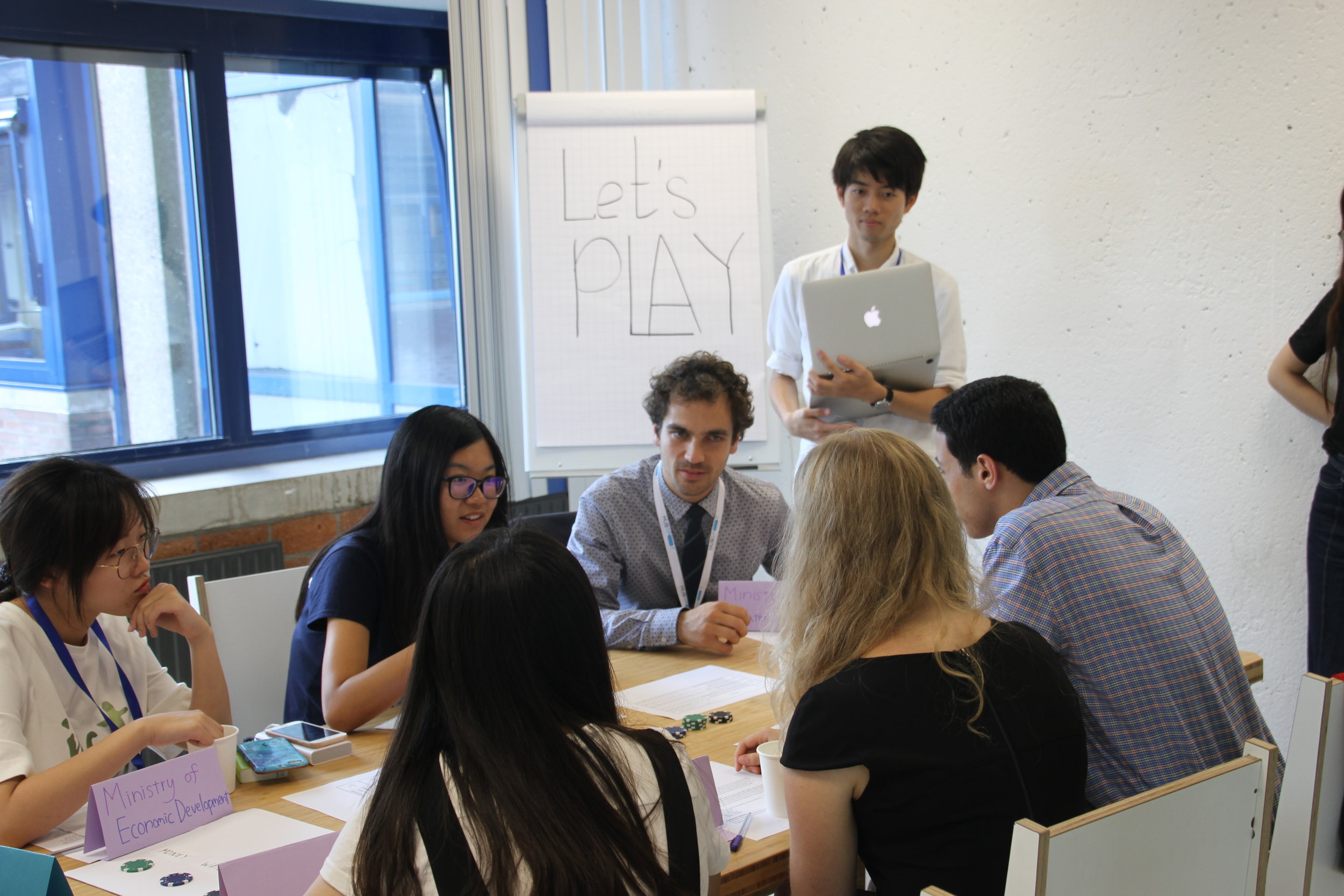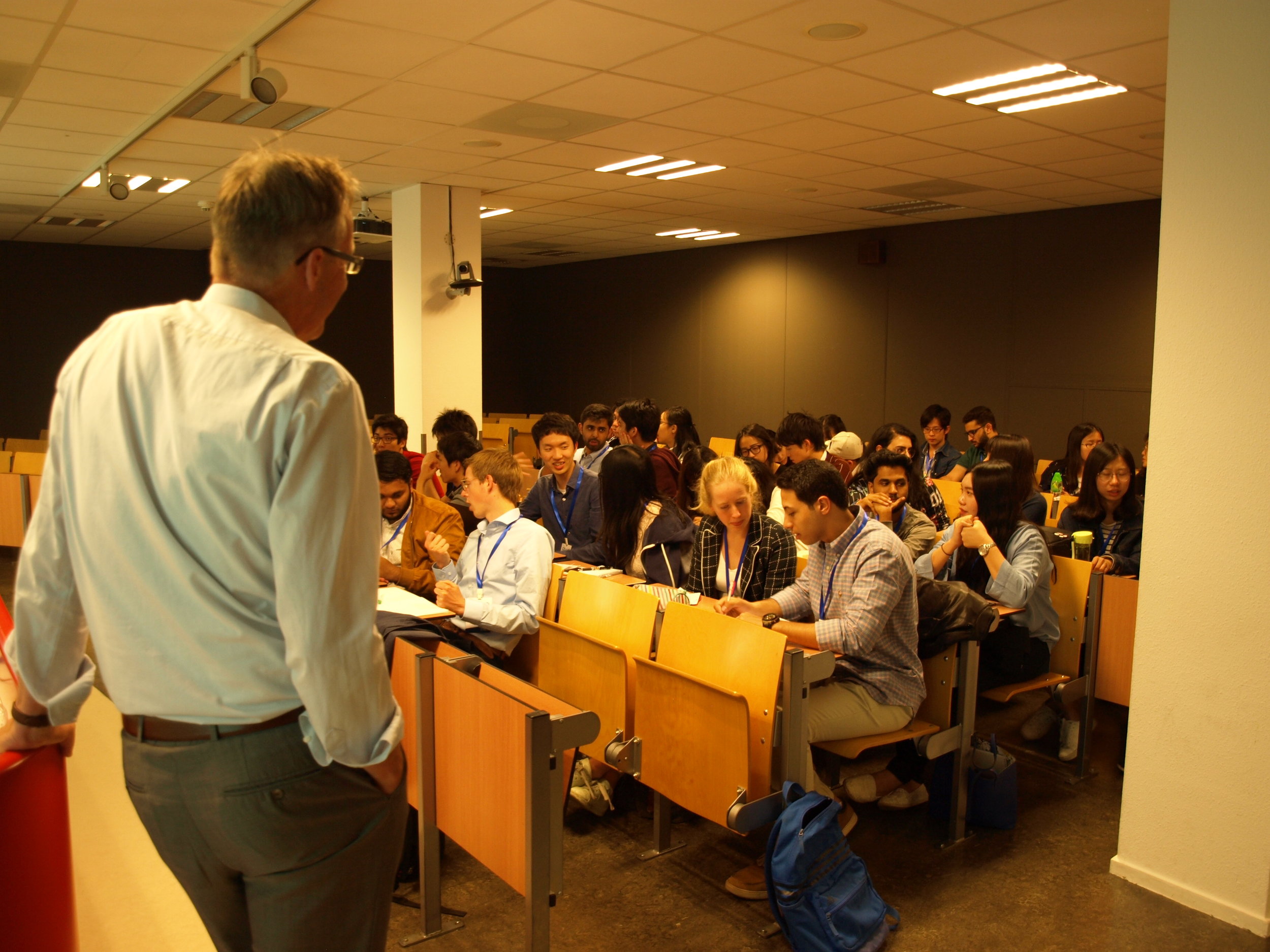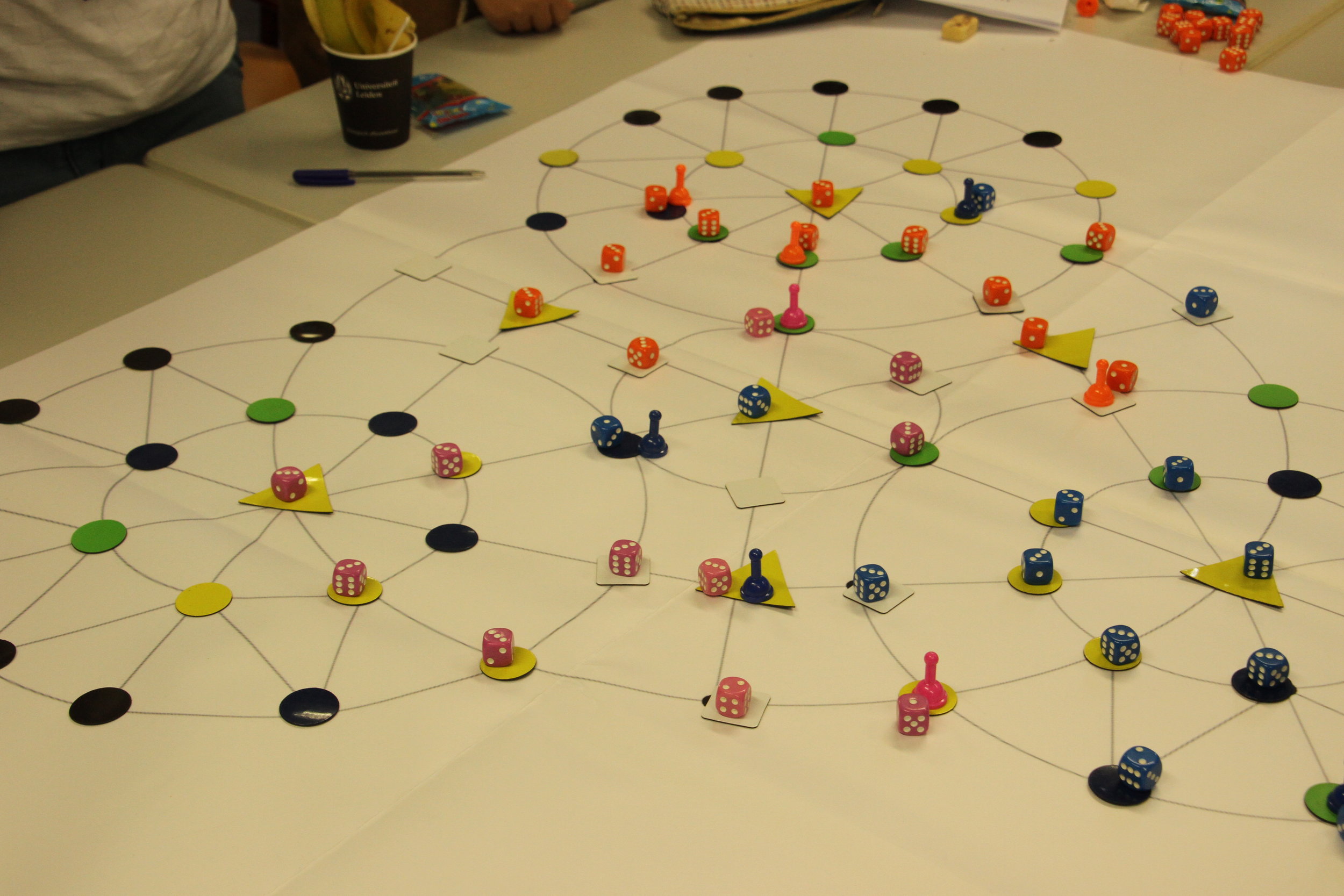Gathering 36 participants from all around the world, STeLA 2017 forum was held in the oldest university in the Netherlands, Leiden University. With their different cultural and academic backgrounds, the participants were working together in groups for 9 days discussing crucial topics and participating in educational activities under the theme of “Technology, Responsibility, Society”. Having participants coming from China, Europe, Japan and Middle East and studying more than 10 different academic majors, the forum was a very unique opportunity to exchange ideas and build global networks.
During the forum, a total of five leadership sessions were held . These leadership sessions taught the participants about the main leadership theory and applications. The forum also included thematic sessions where participants got involved in discussions revolving around the forum’s theme, and put the leadership sessions into practice. The thematic sessions were also accompanied by three keynote speakers.
Halfway during the forum, the site visit gave the participants the opportunity to view one of the prized possessions of Leiden University: the Old Observatory.Then, the forum was concluded by a 3-day group project, where participants applied their newly gained knowledge on science, leadership and teamwork to work on a large project together within their multidisciplinary, multinational team. Each day was ended by a reflection session where individuals were firstly asked to reflect on their own performance during the day, and afterwards give and receive feedback from the other group members and their facilitators.
Thematic Sessions
Among assigned teams, participants discussed a variety of contents related to the theme of 2017 year's forum: ‘Technology, Responsibility, Society’. These are meant not only to put the leadership sessions into practice, but also to get the participants thinking about the aspects of technology as a tool to the possible future society.
Co-existence with Robots and AI’s
Every new technology has advantages and disadvantages. Any technology might be used in ways its creator never expected. As future scientists and leaders, it is important to think and discuss this from various angles before they are introduced to the society.
This session focused on relating other's perspectives and opinions through discussions on futuristic topics. Each group also was given a task to work on a project illustrating a world which humans and AIs coexist, based on each discussed topic within the group. Participants were put in situations were they needed to experience the difficulty of sharing opinions among diverse team and develop a shared idea into one picture.
Branching Out
In this thematic session, participants experience a very intensive decision-making situation all along the game called “Branching Out”, designed by STeLA staff members to simulate the development of the IT industy history.
The time pressure in this thematic session is really heavy. This results in huge differences to be seen between teams after the game has finished, which are the result of the way in which they corporated or competed in developing the landscape of their IT industry.
As a practice tool in our sensemaking session, the game offered a complicated but clear system to participants, which required them to be able to decide one of seemingly infinite options. Because the game allows free trading of resources, teams also had to practice relating and negotiating under heavy time constraints.
Infrastructure
Infrastructure plays a large part in modern society, and greatly determines the welfare of a country. Building an infrastructural network harbours many difficulties. In this session, the importance of infrastructure is shortly discussed, after which the process of infrastructural development is simulated. Both cooperation and visioning are trained throughout the session.
This session is mainly conducted in teams where each team member represents a main urban area of the Netherlands called the Randstad, each as the mayor of a different city. Together they must decide how to invest in the cities of their country and build its infrastructure, as well as connecting the cities of the country together.
This session made the participants experience the difficulties of shared visioning in a system with many stakeholders, which is relevant for many who go to work at large industrial firms and companies.
Site Visits: Leiden Observatory
During the site visit for the 2017 STeLA forum, participants and staff were shown around inside and outside the Leiden Observatory. This tour was sponsored by Leiden University, and executed by astronomy MSc and PhD students.
Since 1633, Leiden University has been in the possession of an observatory, which was mainly used for educational purposes. In 1861, the university built their ‘new’ observatory to be used for research, which marked the start of the golden age of physics in Leiden. This golden age was home to Nobel prize winners such as Lorentz (Lorentz force), Zeeman (Zeeman effect) and Kamerlingh Onnes (superconductivity). Finally, the Leiden Observatory became home to J.H. Oort, who has greatly helped in our current understanding of the milky way and radio astronomy. Currently the building is no longer in use for its scientific purposes, but it serves as a proud monument for the rich history of the university.
Throughout the tour, participants were shown the historical development of astronomy and physics. Major breakthroughs, such as the discovery of the Oort cloud, were explained, as well as scientific methods which were employed by the astronomers who made these discoveries. As one of the highlights of the tour, groups were shown the centuries old telescopes and their operating methods.
